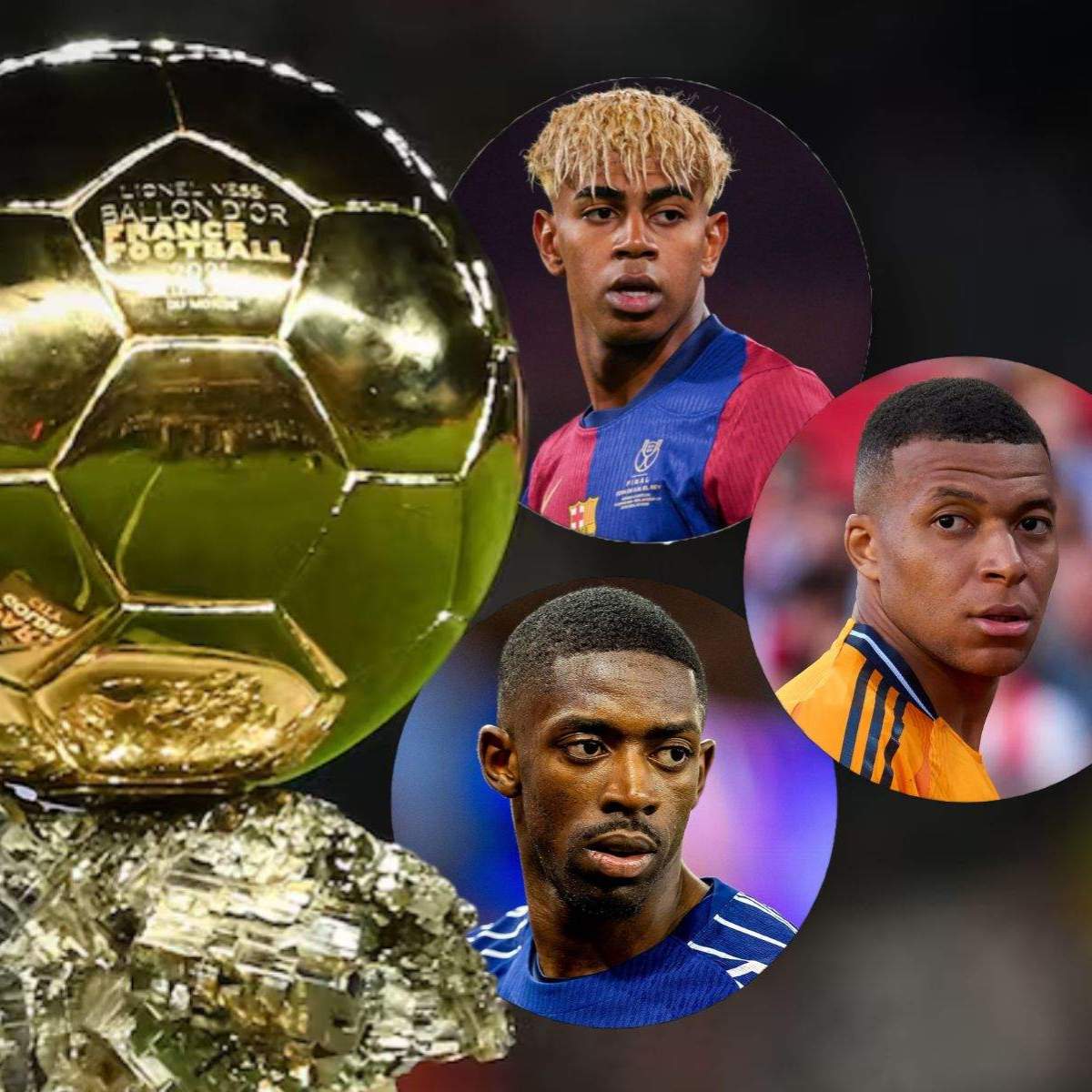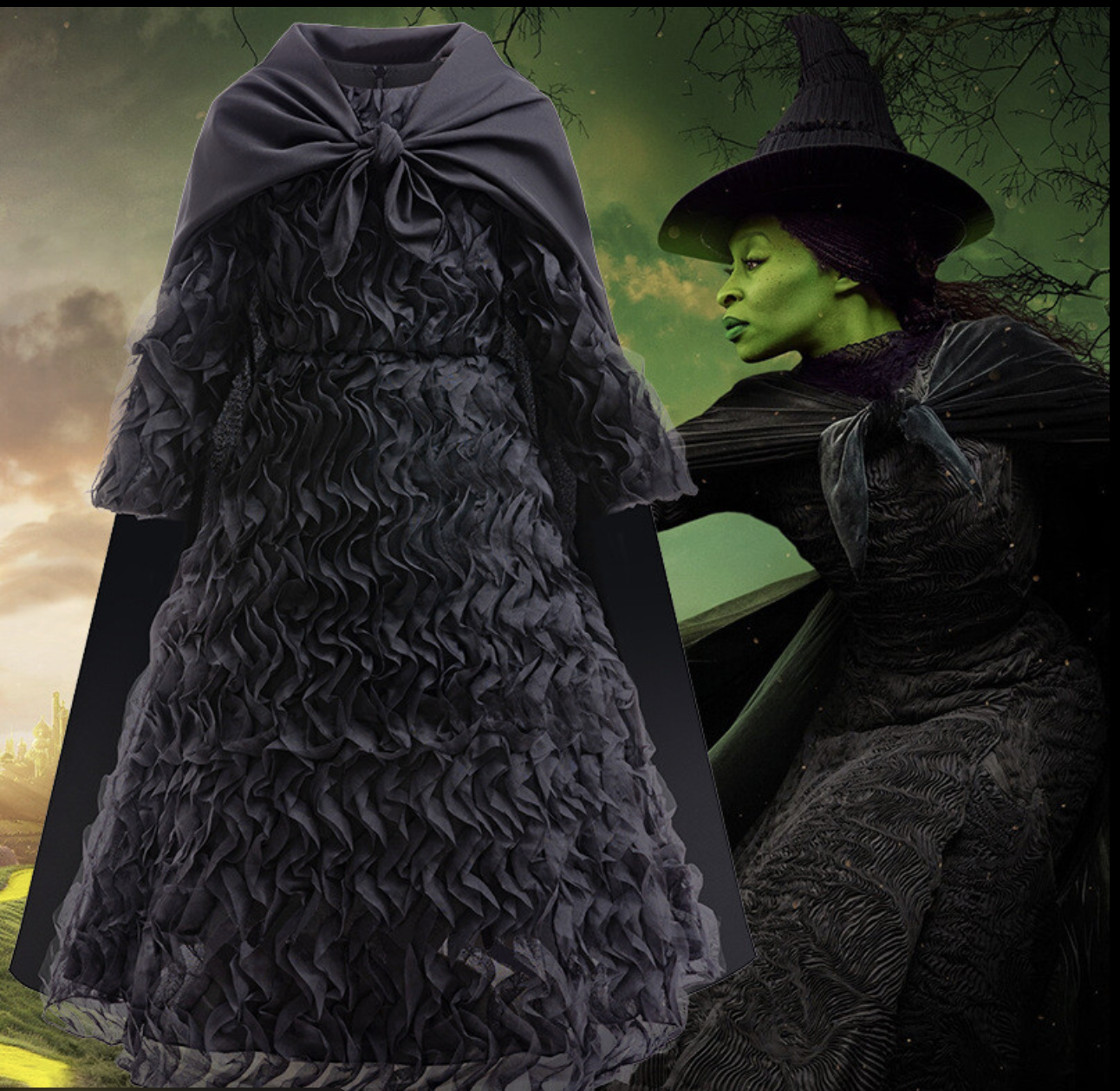
The Ballon d’Or: Football’s Most Prestigious Prize
The Ballon d’Or, also known as the Golden Ball, is more than just an award in football. It represents the ultimate recognition of a player’s excellence, consistency, and influence over a season. Organized by the French magazine France Football, this accolade has been awarded since 1956, and through the decades, it has become the single most respected individual honor in the world of football. For many players, winning the Ballon d’Or is not just about talent, but about cementing their legacy in the sport’s history.
Origins and Evolution
The award was created by journalist Gabriel Hanot, who wanted to establish a trophy that would honor the best performing footballer in Europe each year. The first Ballon d’Or was presented in 1956 to English legend Stanley Matthews of Blackpool. At the time, only European players playing in European clubs were eligible. This rule excluded some of the game’s greatest stars, including South American icons like Pelé and Diego Maradona, who were ineligible despite their brilliance.

In 1995, the eligibility expanded to include all players playing in European clubs, regardless of nationality. This change allowed George Weah, the Liberian striker at AC Milan, to become the first non-European winner. By 2007, the Ballon d’Or opened up completely, allowing any player worldwide to compete, which firmly established the award as a truly global recognition of football excellence.
How the Winner Is Decided
The Ballon d’Or is determined by an international panel of journalists. Each juror selects their top five players based on individual and collective performance, influence on the field, talent, fair play, and overall consistency during the season. Unlike many awards that use the calendar year, since 2022, the Ballon d’Or is judged on the football season, from August to July. This allows voters to evaluate a player’s performance across club competitions and international tournaments with more accuracy.
Over the years, the award has seen fierce rivalries and debates. Lionel Messi and Cristiano Ronaldo dominated the trophy for more than a decade, winning twelve Ballon d’Ors combined between 2008 and 2021. Their era not only raised the prestige of the award but also fueled global discussions about greatness, consistency, and footballing artistry.
Historic Winners and Memorable Moments
Among the legends who have lifted the Ballon d’Or are Johan Cruyff, Michel Platini, Marco van Basten, and Ronaldinho. Lev Yashin, the Soviet goalkeeper, remains the only goalkeeper to win the prize, back in 1963. More recently, Luka Modrić broke the Messi-Ronaldo dominance by winning in 2018 after leading Croatia to the World Cup final. Lionel Messi stands as the all-time record holder with eight Ballon d’Ors, followed closely by Cristiano Ronaldo with five.

Each winner represents not just personal brilliance but also the story of a season. For example, Messi’s 2021 win was tied to his Copa América triumph with Argentina, while Karim Benzema’s 2022 Ballon d’Or celebrated his incredible Champions League run with Real Madrid.
The 2025 Ballon d’Or
The 2025 edition of the Ballon d’Or has generated intense debate, with several names emerging as frontrunners. This season, two players have captured global attention: Ousmane Dembélé of Paris Saint-Germain and Lamine Yamal of FC Barcelona.
Dembélé’s resurgence has been nothing short of extraordinary. Long criticized for injuries and inconsistency, he has delivered a remarkable season filled with decisive goals, dazzling dribbles, and key performances in the Champions League. His transformation from a talented but fragile winger into a world-class leader has made him a strong candidate.
On the other hand, Lamine Yamal represents the rise of a new generation. At just 18 years old, the Barcelona prodigy has stunned the footballing world with his composure, creativity, and maturity. His performances in La Liga and on the international stage have positioned him not only as one of the most exciting talents of the present but as a potential legend of the future. A Ballon d’Or victory at such a young age would make history, setting him apart as the youngest winner ever.
The competition, however, does not stop with these two. Players like Jude Bellingham of Real Madrid, Erling Haaland of Manchester City, and Kylian Mbappé of Real Madrid remain in the conversation. Each has delivered moments of brilliance and continues to push the limits of modern football.
More Than an Award
The Ballon d’Or is not just about crowning a single footballer. It reflects the narrative of football itself—how the sport evolves, which players inspire millions, and which moments define a season. It celebrates not only skill and numbers but also leadership, resilience, and impact.
For fans, the Ballon d’Or ceremony is a night of anticipation and debate. Supporters passionately defend their idols, statistics are analyzed in detail, and social media erupts with arguments. This culture of discussion underscores the award’s significance—people care deeply about who wins because it symbolizes the highest standard in football.
The Ballon d’Or remains the most prestigious individual award in football because it combines history, global recognition, and the drama of the sport. From Stanley Matthews in 1956 to Lionel Messi’s record-breaking eight wins, each edition adds a new chapter to its rich story.
As the 2025 ceremony approaches, the football world waits eagerly to see whether Dembélé’s revival, Yamal’s youthful brilliance, or another contender’s excellence will shine the brightest. Regardless of who lifts the Golden Ball, one truth remains: winning the Ballon d’Or is the ultimate dream of every footballer, and it will forever stand as the symbol of footballing greatness.
By wilgens sirise






